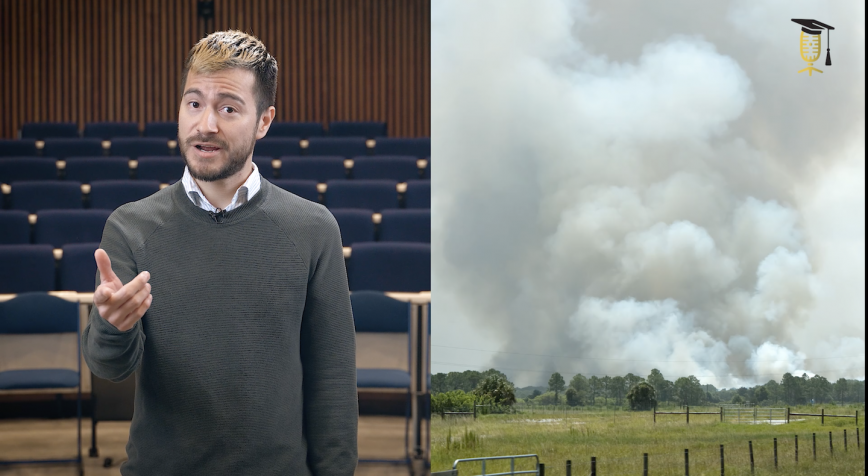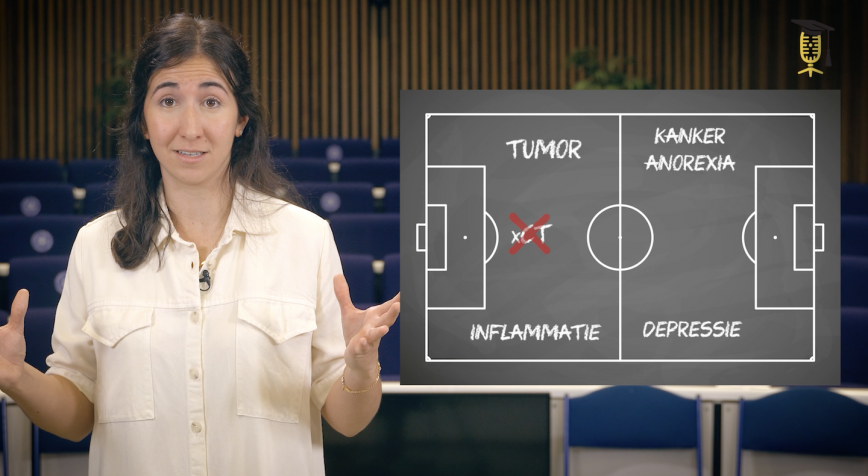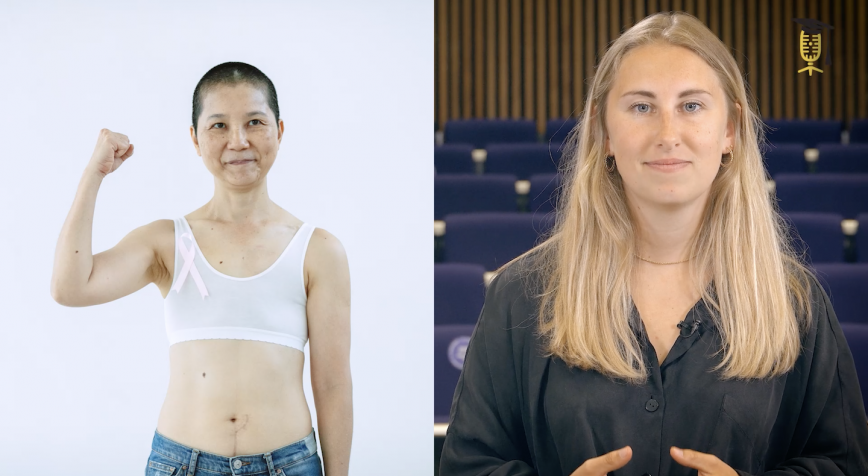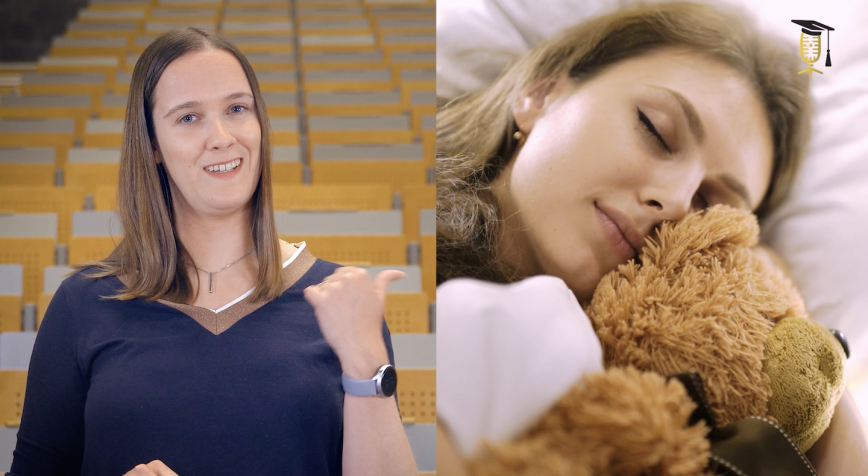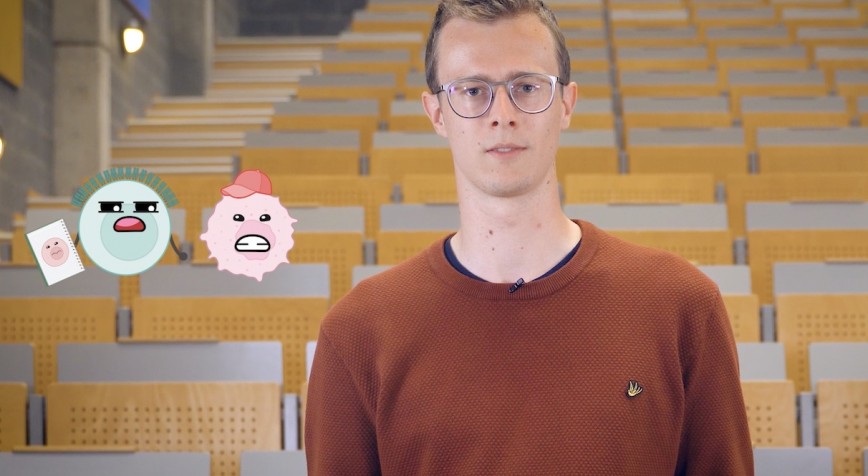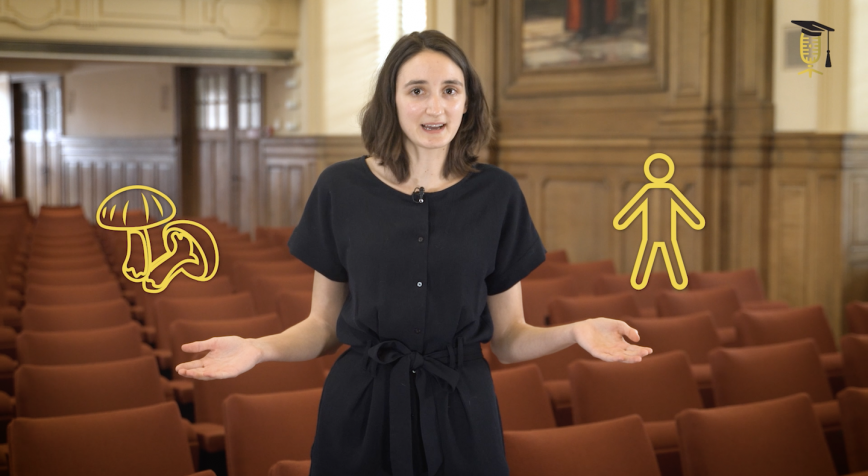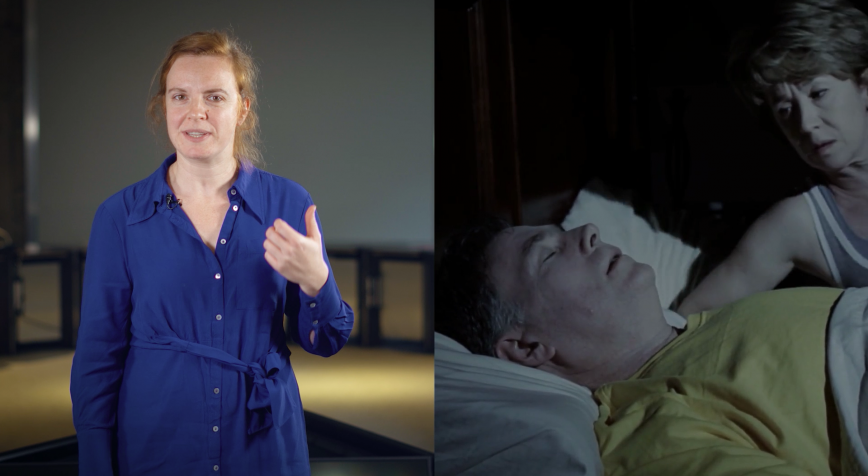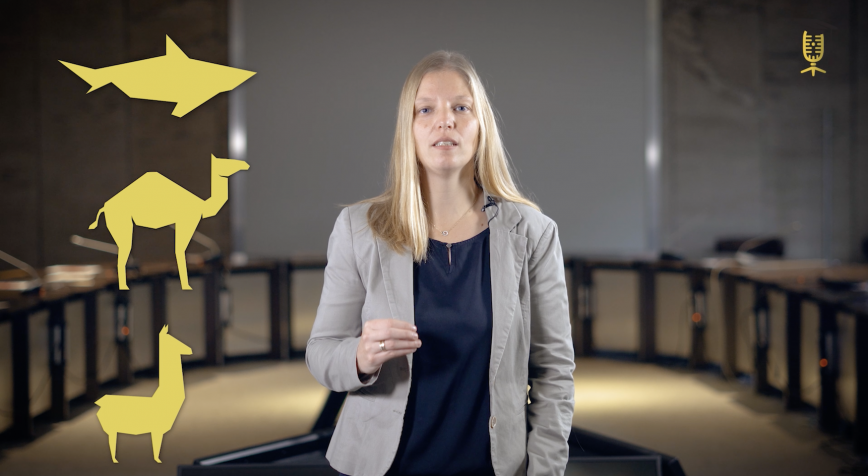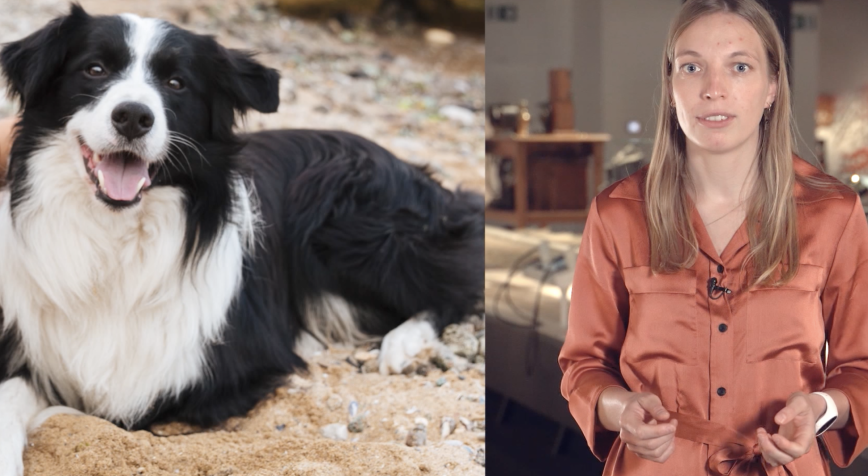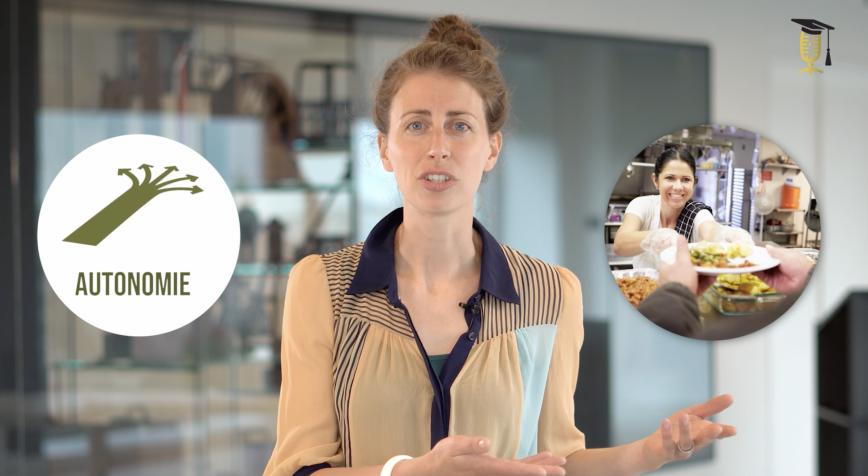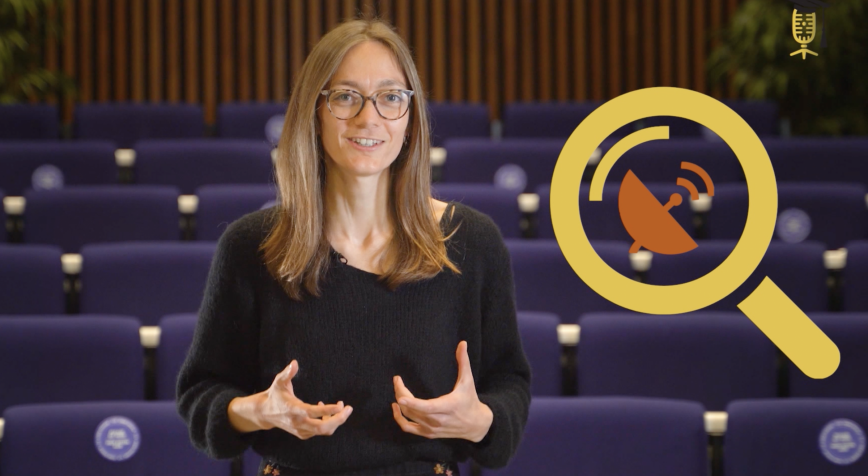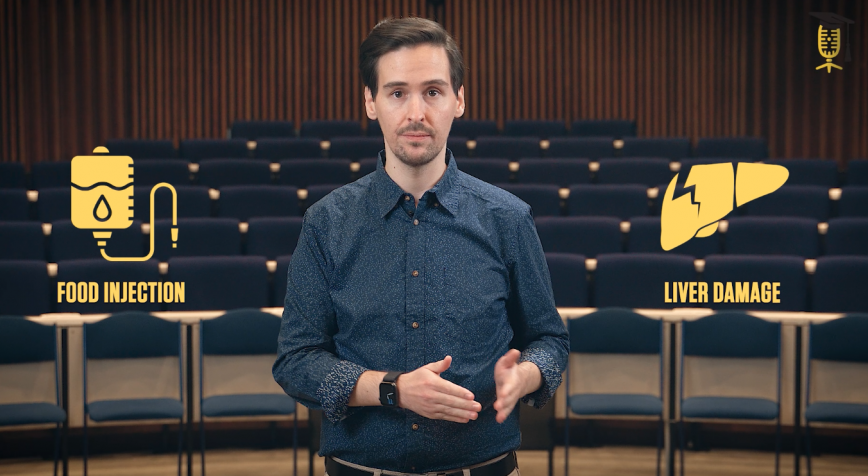
VUB
What does the liver think of artificial feeding?
Artificial feeding, such as parenteral nutrition -food that is injected directly into the bloodstream- is crucial for critically ill patients. It keeps them alive, but unfortunately, it can cause significant liver damage in the long run. To prevent liver injury, Milos Mihajlovic and his colleagues are developing an advanced human liver model in a dish to better understand how food injection leads to liver damage.
